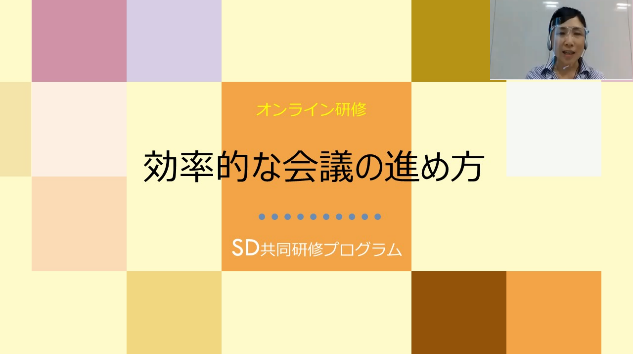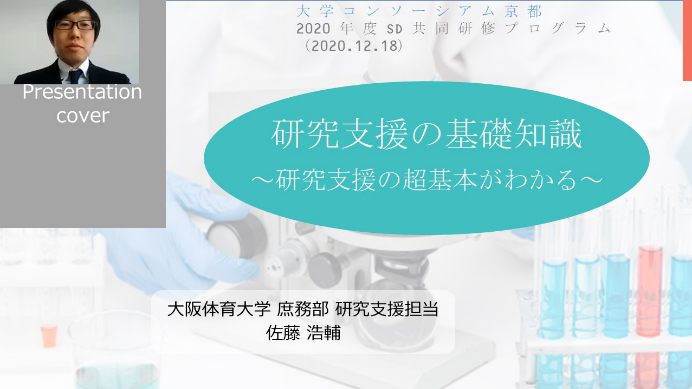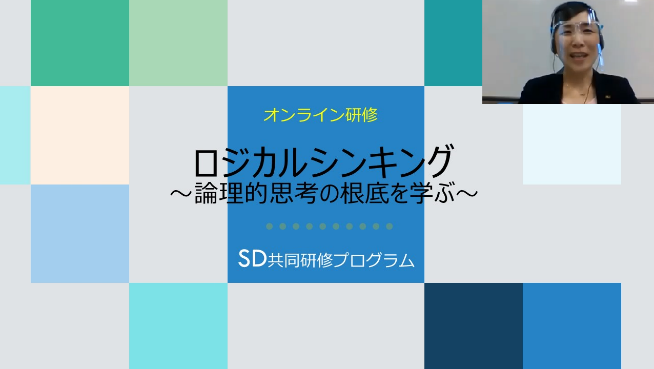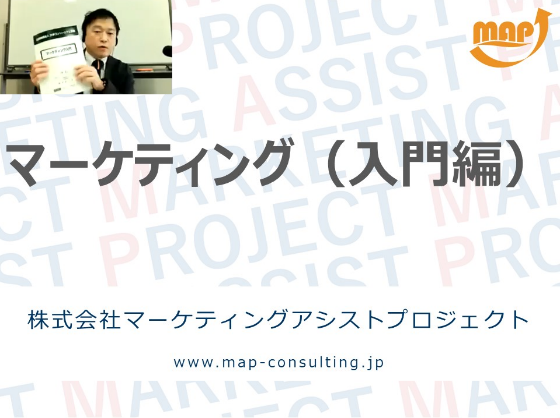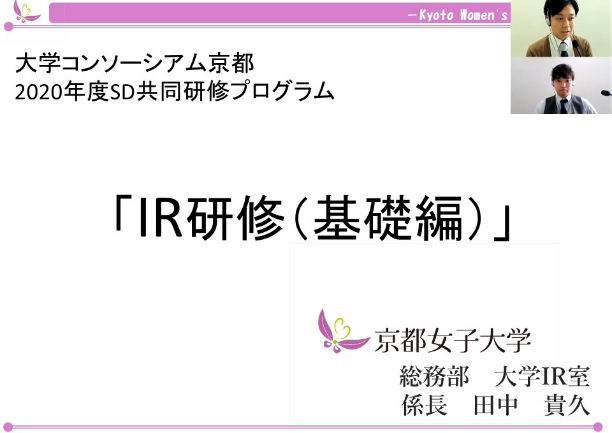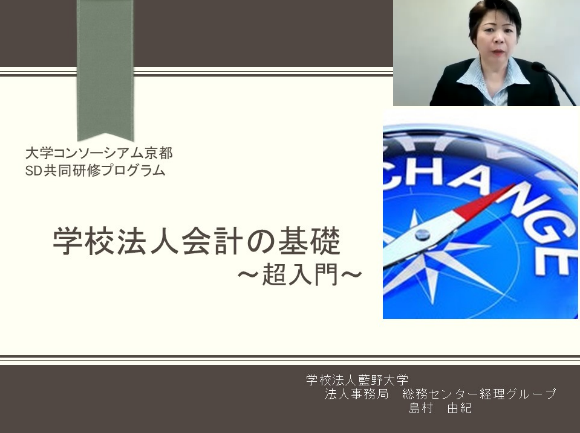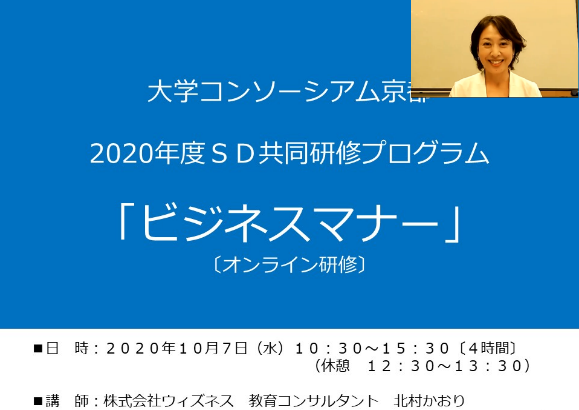Business overview
As education and research at higher education institutions become more sophisticated and complex, SD became mandatory in 2017, and it is hoped that faculty and staff will further improve their qualifications and promote faculty-staff collaboration.
Furthermore, the environment surrounding higher education institutions is changing rapidly, and university staff are increasingly being required to acquire broad knowledge and advanced expertise.
The SD Joint Training Program is a project aimed at reducing expenses at member universities by leveraging economies of scale, with the aim of improving staff capabilities and streamlining and enhancing university operations.
Please also use it as an opportunity to exchange information and build networks across universities.
Event Overview
| program | Date and time | Capacity |
|---|---|---|
| Logical Thinking: Learning the Fundamentals of Logical Thinking | Wednesday, August 19th , 9:00-12:00 , 13:30-16:30 |
20 people each |
| How to run an efficient meeting | Wednesday, August 26th , 9:00-12:00 , 13:30-16:30 |
20 people each |
| Business Etiquette | Wednesday, October 7th 10:30-15:30 |
25 people |
| Marketing (Beginner) | November 20th (Friday) 13:30-17:00 |
40 people |
| IR training (basic) | December 11th (Friday) 13:30-17:00 |
30 people |
| Fundamentals of School Corporation Accounting: A Beginner’s Guide | December 15th (Tue) 13:30-17:00 |
40 people |
| Basic knowledge of research support – Learn the very basics of research support | December 18th (Friday) 14:00-17:00 |
30 people |
■ Business etiquette
Business etiquette is an essential foundation for working adults and university staff. However, as people become accustomed to their jobs, they tend to neglect it or become self-taught. This course will thoroughly review business etiquette, which can easily become vague. The course will also touch on etiquette in the COVID-19 era.
Business etiquette begins with treating others with consideration and consideration. Through business etiquette, everyone, from new employees to veterans, will learn communication techniques that can be applied to their current jobs.
- [Training objectives]
- 1) Improve business etiquette and communication skills.
2) Learn how to receive requests and practice reporting, communication, and consultation to improve teamwork.
3) Learn teaching methods to help establish business etiquette in the workplace.
- Date and Time
- Wednesday, October 7, 2020, 10:30-15:30 (break 12:30-13:30)
- Target audience
- Faculty and staff
* Anyone can participate, regardless of length of service, from newly hired staff (full-time, contract, temporary, etc.). This program is aimed at a wide range of generations, from newly hired, junior and mid-career staff to those in charge of instruction and education. - Capacity
- 25 people
- Participation fee
- Kyoto University Consortium member schools: Free Others: 1,000 yen
*An invoice will be sent to you. Please transfer the payment to the specified account. - Training Overview
- Business etiquette training overview [Click here for details]
- Lecturer
- Kaori Kitamura, Educational Consultant, Withness Co., Ltd.
■ Marketing (introductory level)
The business environment is constantly changing. Doing things the way they always have is no longer enough to achieve the same results. This is because the market is constantly filled with competitors, and they strive daily to create better services. Advances in IT have transformed our concepts of time and cost, increasing the number of industry players and creating innovative services.
Simply continuing to do things the way we always have will leave us behind.
So what can we do?
It’s about developing a mindset that adapts to the changing environment .
That approach is the marketing mindset .
As the environment changes, who are our customers, and what challenges do we need to solve? What strengths do we need to hone to achieve them? It’s simple, but we must continually think this way and adapt to change. This marketing training will equip both companies and universities with the tools they need to survive.
However, memorizing knowledge is pointless. The key is knowing how to apply it in practice .
In this training, we will master basic knowledge and then focus on how to use it to develop marketing thinking skills.
Also, and I want to emphasize this, in order to increase the effectiveness of the Marketing Thinking Method, it is important to increase the number of members within your organization who can discuss things in the common language of marketing .
Please invite members of your organization, such as those from your department, to participate in the training.
Take this opportunity to learn management techniques that will lead to solving university management issues!
- Date and Time
- Friday, November 20, 2020 13:30-17:00
- Target audience
- Faculty and staff (anyone can participate, regardless of years of service)
- Capacity
- 40 people
- Participation fee
- Kyoto University Consortium member schools: Free Others: 1,000 yen
*An invoice will be sent to you. Please transfer the payment to the specified account. - Training Overview
- Marketing (introductory level) Training Overview [Click here for details]
- Lecturer
- Marketing Assist Project Co., Ltd.
President and CEO Hiroto Aoki (Small and Medium Enterprise Management Consultant)
■ Fundamentals of School Corporation Accounting ~Super Beginner~
In recent years, educational institutions have been undergoing drastic changes, with their activities shifting from “operation” to “management.” Accounting is often referred to as the “center of management” and the “compass that guides the organization,” and the information it produces is indispensable to organizations and their members. However, many people have a negative attitude toward accounting, such as “I’m not in charge of bookkeeping or accounting,” “I’m not good with numbers,” or “accounting is a specialized field.”
This course is aimed at those new to accounting or those who have a negative attitude toward it, and focuses on understanding basic accounting concepts by comparing school accounting with corporate accounting.
- Date and Time
- Tuesday, December 15, 2020 13:30-17:00
- Target audience
- Faculty and staff (those with little or no knowledge of accounting or finance. Length of service does not matter.)
- Capacity
- 40 people
- Participation fee
- Kyoto University Consortium member schools: Free Others: 1,000 yen
*An invoice will be sent to you. Please transfer the payment to the specified account. - Training Overview
- Fundamentals of School Corporation Accounting – Super Beginner – Training Overview [Click here for details]
- Lecturer
- Yuki Shimamura,
Group Leader, Accounting Group, General Affairs Center, Corporate Administration Office, Aino University
■ Logical Thinking ~Learn the fundamentals of logical thinking~
1. Training Overview
- Improve your logical thinking skills to improve your thinking ability
- Understanding logical thinking (concretization, deepening, objectification, binarization, foresight)
- Logical thinking training
- Persuasion training to gain the consent and support of those around you
- This course develops the fundamental skills to manage and analyze information, think logically, develop rational and persuasive arguments, and see through to the essence of things.
2. Key points for training management
- We will emphasize the significance and value of improving logical thinking skills and improve the attitude of university staff.
- Through thinking training, you will gain a clear understanding of how to use logical thinking to resolve issues and problems that may arise in your daily work .
- Lectures, exercises, and instructor comments are incorporated at key points to keep students focused and motivated.
- Date and Time
- Wednesday, August 19, 2020 [Morning] 9:00-12:00 [Afternoon] 13:30-16:30
*The [Morning] and [Afternoon] sessions are the same program. - Target audience
- Faculty and staff: 10 years or more of service
*Preference will be given to those with 10 years or more of service, but those who are not eligible can also participate.
However, we recommend those with 3 years or more of work experience. - Capacity
- [Morning] 20 people, [Afternoon] 20 people
- Participation fee
- Kyoto University Consortium member schools: Free Others: 1,000 yen
*An invoice will be sent to you. Please transfer the payment to the specified account. - Training Overview
- Logical Thinking Training Overview [Click here for details]
- Lecturer
- Speaking Education Center
Co., Ltd.
■ How to conduct an efficient meeting
1. Training Overview
- You will learn what a meeting should be like and acquire the knowledge and skills to hold better meetings.
- You will gain a deeper understanding of effective explanations and speaking methods in meetings, efficient and productive meetings, facilitation techniques, and other meeting skills.
- The aim is to acquire the skills to draw out various opinions and perspectives from meeting participants and effectively coordinate the overall situation.
- By improving your facilitation skills, you will encourage participants to speak up and enable a lively exchange of opinions.
- Learn how to be a conference participant.
2. Key points for training management
- We provide easy-to-understand explanations of basic knowledge about meetings and the importance of advance preparation.
- Through exercises based on meetings, the training content can be immediately applied in practice.
- Lectures, exercises, and instructor comments are incorporated at key points to keep students focused and motivated.
- Date and Time
- Wednesday, August 26, 2020 [Morning] 9:00-12:00 [Afternoon] 13:30-16:30
*The [Morning] and [Afternoon] sessions are the same program. - Target audience
- Faculty and staff: 3 or more years of service (Priority will be given to those with 3 or more years of service, but those who are not eligible can also participate.)
- Capacity
- [Morning] 20 people, [Afternoon] 20 people
- Participation fee
- Kyoto University Consortium member schools: Free Others: 1,000 yen
*An invoice will be sent to you. Please transfer the payment to the specified account. - Training Overview
- How to Conduct Efficient Meetings Training Overview [Click here for details]
- Lecturer
- Speaking Education Center
Co., Ltd.
■ Basic knowledge of research support ~Understanding the very basics of research support~
What is research support? Let’s learn the very basics of research support!
When you hear the term “research support,” you probably have a vague image of it being related to external funding such as Grants-in-Aid for Scientific Research. A university is both an educational institution and a research institution, and even non-research staff members are involved in research. Therefore, even staff members who are not involved in research support work can contribute to better research by understanding research support and learning specific research support actions.
In this training, we will provide an overview of research support and touch on external funding while providing an easy-to-understand introduction to the very basics of research support. Let’s learn together what “research support” does!
Goals:
1. Be able to explain what research support is.
2. Have an overview of external funding.
3. With an understanding of research support, be able to consider how it relates to research.
- Date and Time
- Friday, December 18, 2020 14:00-17:00
- Target audience
- Faculty and staff (anyone can participate, regardless of years of service)
- Capacity
- 30 people
- Participation fee
- Kyoto University Consortium member schools: Free Others: 1,000 yen
*An invoice will be sent to you. Please transfer the payment to the specified account. - Training Overview
- Basic knowledge of training support Training overview [Click here for details]
- Lecturer
- Kosuke Sato,
Research Support Officer, General Affairs Department, Osaka University of Health and Sport Sciences
■ IR training (basic level)
Nearly 10 years have passed since IR (Institutional Research) first gained attention in the higher education industry, and interest in IR has been growing ever since. However, many universities have established IR-related departments and assigned staff, but they are not functioning properly or making full use of them.
In this training, we will revisit “What is IR?” and “What are the necessary conditions for IR to function?”, focusing on the “function and utilization of IR” with examples from the instructor. We hope
you will take home as much IR knowledge and case studies as possible and use them to help you with your own IR activities.
- Date and Time
- Friday, December 11, 2020 13:30-17:00
- Target audience
- All staff
- Capacity
- 30 people
- Participation fee
- Kyoto University Consortium member schools: Free Others: 1,000 yen
*An invoice will be sent to you. Please transfer the payment to the specified account. - Lecturer
- Takahisa Tanaka,
Section Chief, University Investor Relations Office, General Affairs Department, Kyoto Women’s University - Case reporter
- Yasunari Shirafuji,
IR Promotion Office, President’s Office, Kyoto Sangyo University
Contact Information
Consortium of Universities Kyoto SD Project, Public Interest Foundation
TEL: 075-353-9163 FAX: 075-353-9101
Address: Campus Plaza Kyoto, Nishinotoin-dori Shiokoji-sagaru, Shimogyo-ku, Kyoto 600-8216
*Business hours: Tuesday to Saturday 9:00-17:00 (excluding New Year’s holidays)














